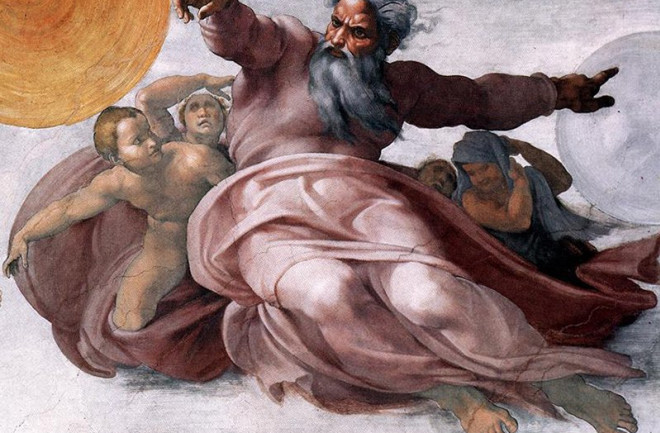It’s natural to believe in the supernatural. Consider how many people worldwide belong to a religion: nearly 6 billion, or 84 percent of the global population, and these figures are expected to rise in the coming decades. In the U.S., surveys show 90 percent of adults believe in some higher power, spiritual force or God with a capital G. Even self-proclaimed atheists have supernatural leanings. The same study found all atheists reject God, but one-in-five accept higher powers or spiritual forces.
In short, humans are a believing bunch. And evolutionary anthropologists say that’s no miracle. The origins and ubiquity of religious beliefs can be explained by evolutionary theory.

